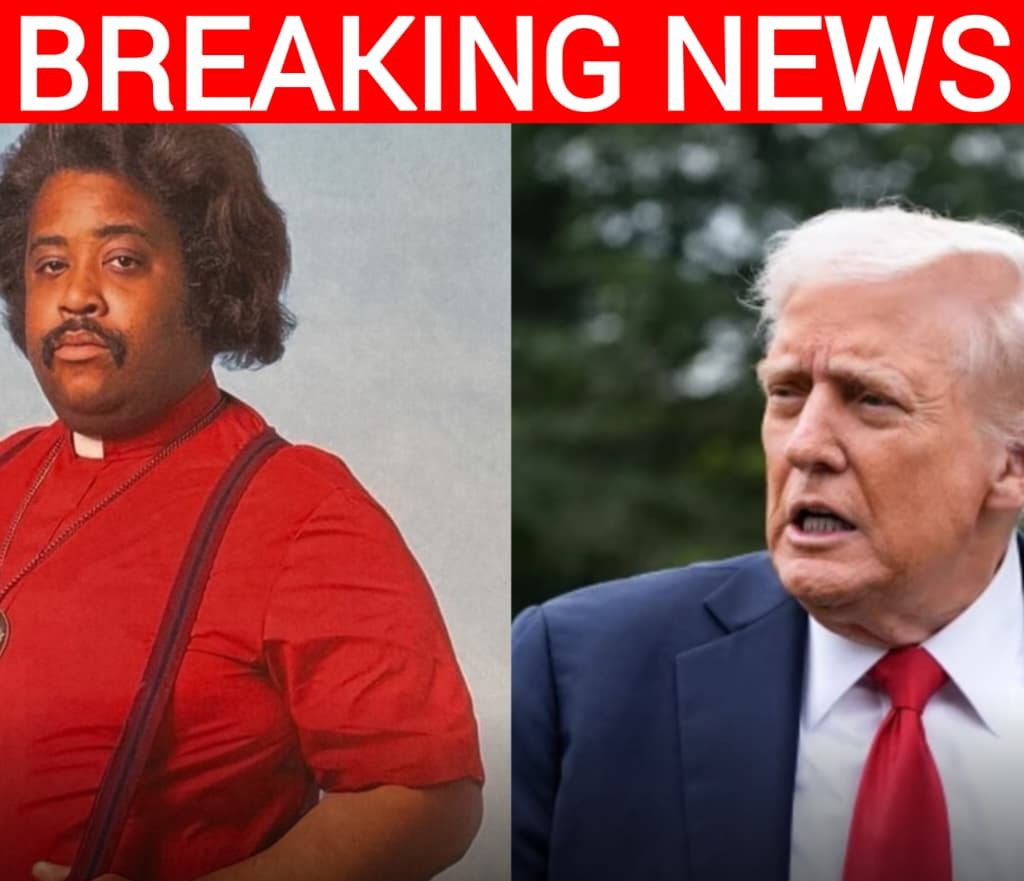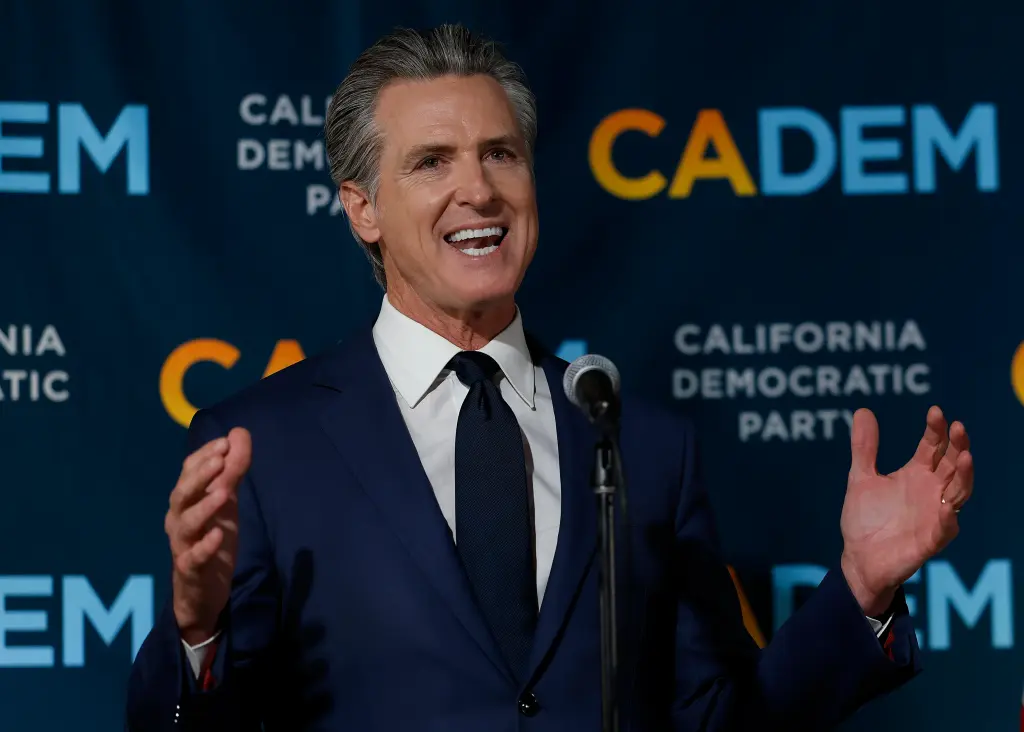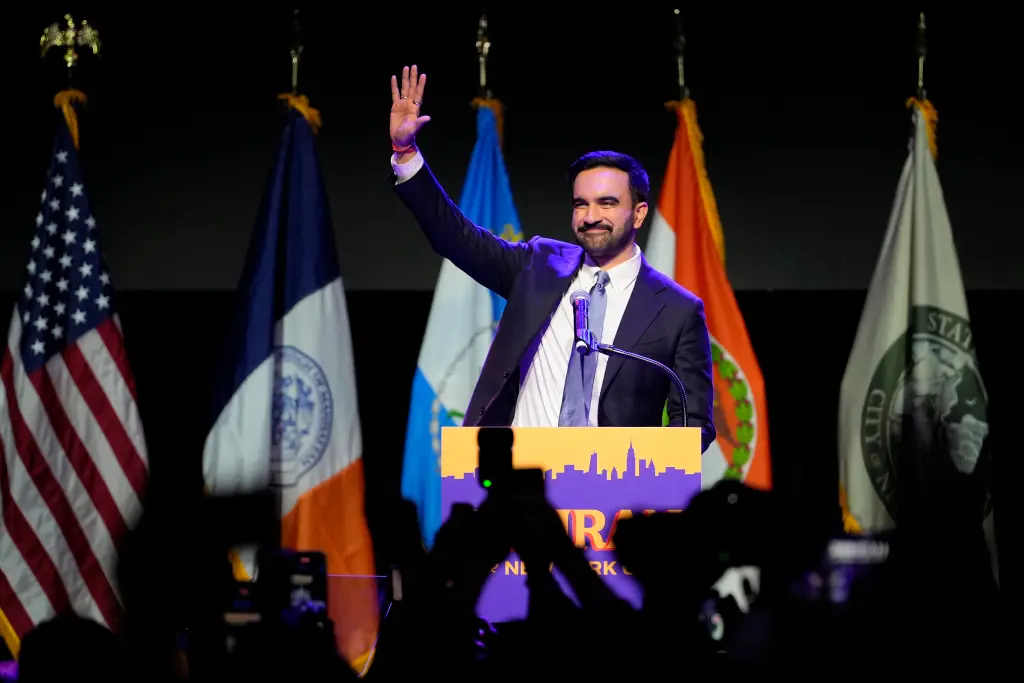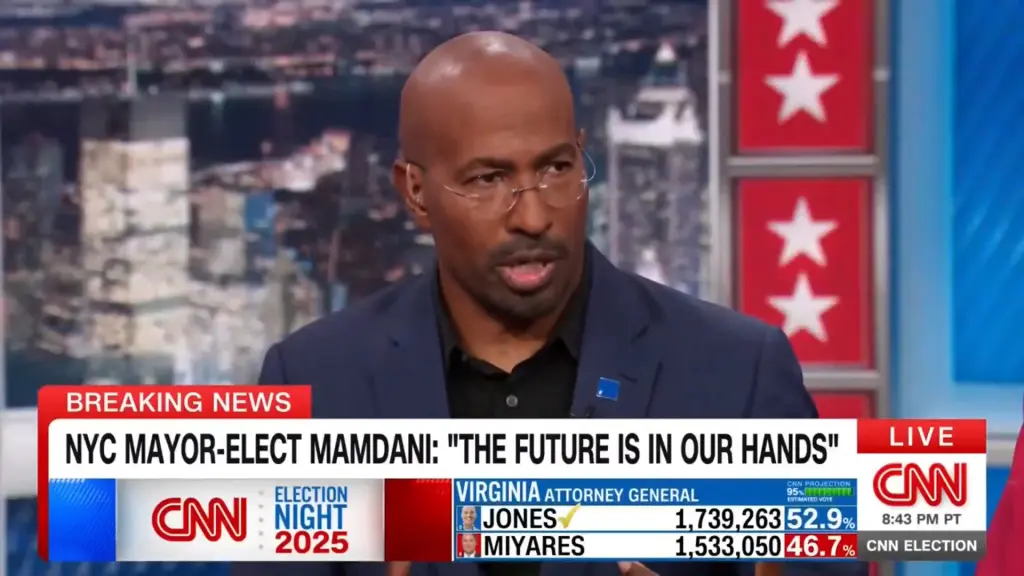President Trump Goes Off on Al Sharpton and NBC — Accuses Network of Political Bias and Says FCC Should “Look Into” Their License
Donald Trump took to Truth Social on October 5, 2025, with one of his most fiery posts in weeks — this time blasting activist and MSNBC host Al Sharpton while accusing NBC of extreme political bias. The former president’s statement quickly went viral, mixing old personal history with sharp criticism of the media’s coverage of Republicans.

Trump began his post by recalling his long and complicated history with Al Sharpton, saying that the civil rights leader used to be a “major Trump fan” who once asked him to attend rallies because Trump’s presence drew large crowds. According to Trump, Sharpton couldn’t attract the same attention on his own. The post then took a harsher tone as Trump brought up the 1987 Tawana Brawley hoax, a notorious case in which a young Black woman falsely claimed to have been kidnapped and assaulted. A grand jury later declared the story unfounded, and Sharpton’s involvement in promoting it damaged his credibility for years. “He did the Tawana Brawley Hoax, one of the worst Low Level Scams in History, and that set him back, BIG TIME!” Trump wrote.
The former president then turned his focus to NBC, specifically its chairman Brian Roberts and Sharpton’s long-running MSNBC program “PoliticsNation.” Trump accused Roberts of keeping Sharpton on air only for “political correctness,” despite the show’s ratings being among the lowest in cable news. According to Nielsen’s latest data, “PoliticsNation” averages fewer than 400,000 viewers — far below competitors like Fox News and CNN’s prime-time programs. Trump’s post mocked NBC’s decision, claiming that Sharpton’s show would have been canceled long ago if it weren’t for “fake news” politics.
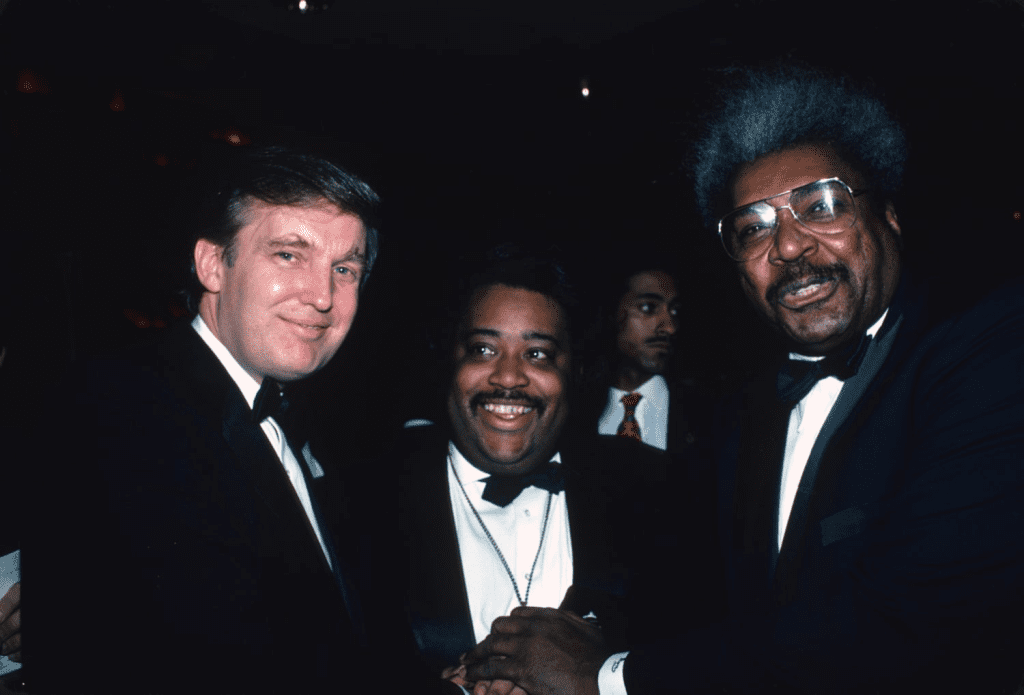
But Trump didn’t stop there. He once again revived a familiar theme from his presidency — the threat to review or revoke broadcast licenses for major networks. He argued that the Federal Communications Commission (FCC) should investigate NBC and ABC for what he described as overwhelmingly one-sided political content. “NBC shows almost exclusively positive Democrat content,” he wrote, “while ABC Fake News — about the same thing, 97% negative to Republicans!”
The claim mirrors data cited by conservative watchdog groups like the Media Research Center, which recently reported that over 90% of mainstream coverage of Republicans under Trump was negative. During his 2016 campaign and presidency, Trump repeatedly accused networks like CNN, NBC, and ABC of spreading “fake news” and said they should face “serious consequences” for misinforming the public. The FCC, however, does not regulate political balance or news fairness — a fact that makes Trump’s renewed call more symbolic than actionable.
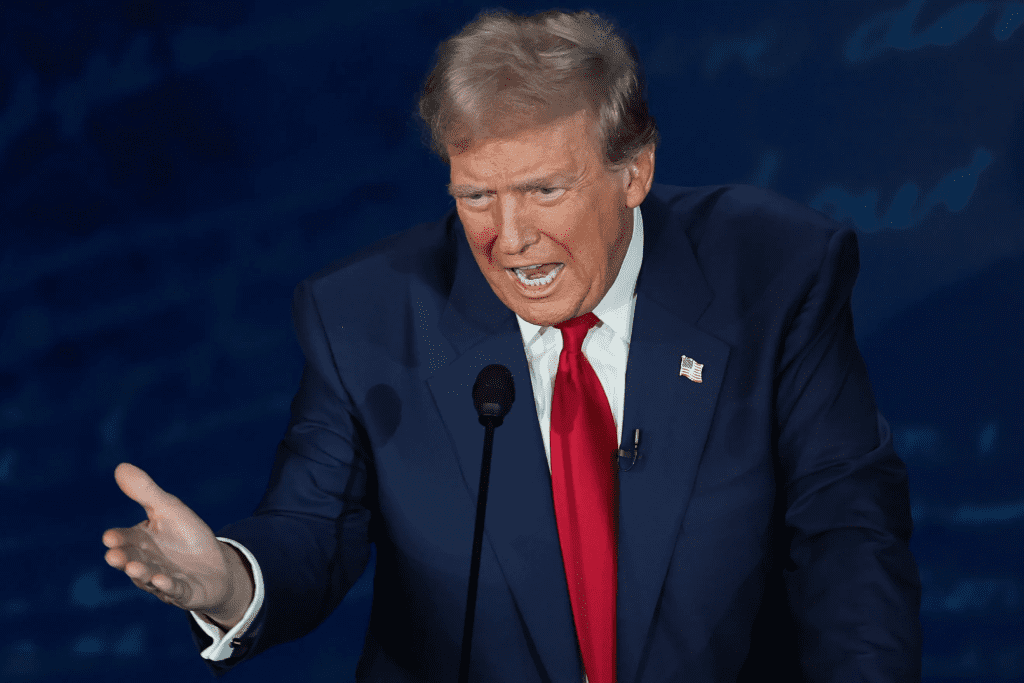
Still, the post sparked widespread debate. Supporters praised Trump for calling out what they see as long-standing liberal bias in the media, while critics accused him of once again trying to undermine free press protections. NBC and MSNBC have not publicly commented on the remarks, and Al Sharpton himself has not issued a response as of this writing.
Trump’s message comes amid his continued efforts to shape the media narrative ahead of the 2026 midterms. In recent weeks, he’s made similar statements about networks he claims distort conservative perspectives. His Truth Social post also echoes his September comments where he accused both ABC and NBC of “coordinated attacks” and “election interference” through selective coverage of his campaign appearances and legal challenges.
Al Sharpton’s “PoliticsNation” has been on air since 2011, making it one of the longest-running programs on MSNBC. The show covers civil rights issues, political commentary, and social justice movements — topics that resonate with Sharpton’s decades-long activism. Despite the show’s modest ratings, Sharpton’s role in political media remains significant, and his connection with NBC executives has often drawn scrutiny from critics who see it as politically motivated.
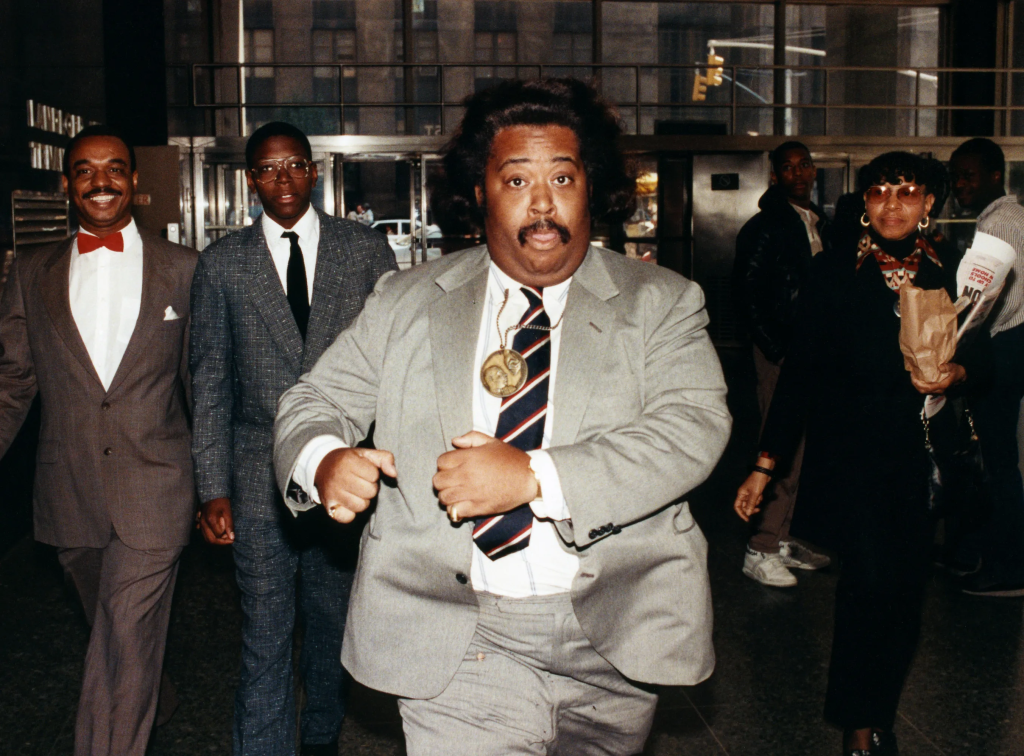
Trump’s latest attack once again ties personal history to political warfare. His references to Sharpton’s past controversies show how deeply he blends grievance with strategy, especially when targeting media figures who oppose him. Whether or not the FCC pays any attention, the post achieved its goal: reigniting his base’s frustration with what they view as a hostile press landscape.
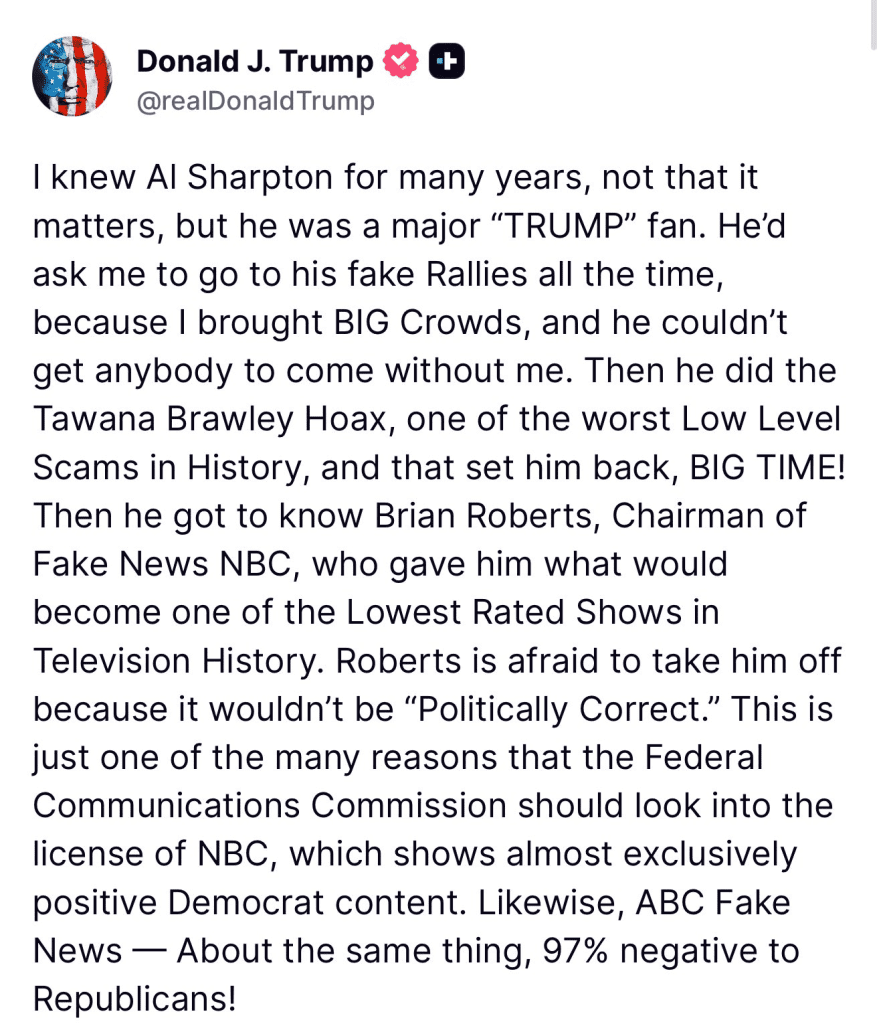
For Trump, the story isn’t just about Al Sharpton — it’s about the broader narrative of fairness and control over public messaging. And as always, his Truth Social posts are part of the campaign, even when they sound like personal feuds.
